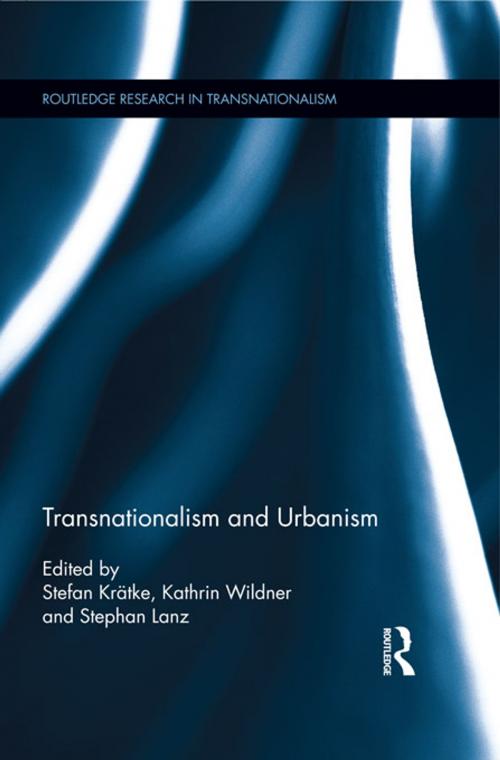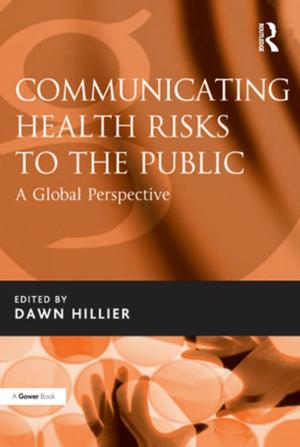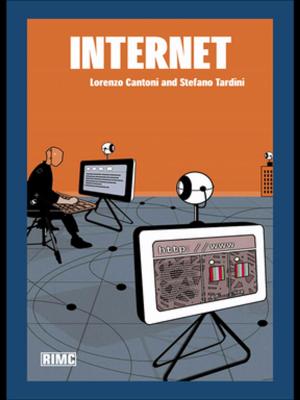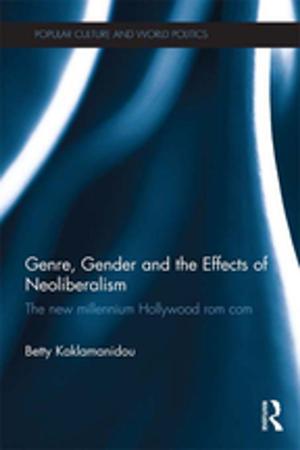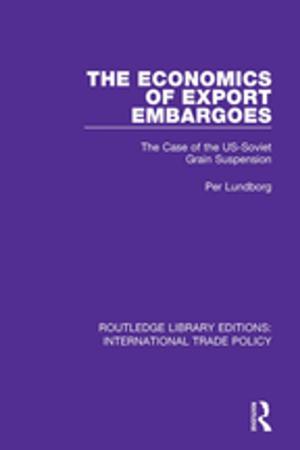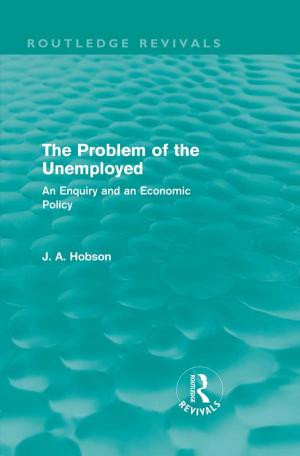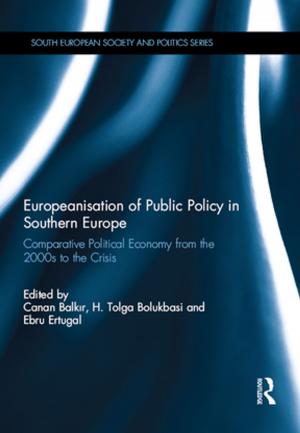Transnationalism and Urbanism
Nonfiction, Social & Cultural Studies, Political Science, Politics, City Planning & Urban Development, Social Science, Human Geography, Sociology, Urban| Author: | ISBN: | 9781136265617 | |
| Publisher: | Taylor and Francis | Publication: | August 21, 2012 |
| Imprint: | Routledge | Language: | English |
| Author: | |
| ISBN: | 9781136265617 |
| Publisher: | Taylor and Francis |
| Publication: | August 21, 2012 |
| Imprint: | Routledge |
| Language: | English |
The formation of transnational urban spaces is a relevant and challenging field of interdisciplinary research, which deserves much more debate in order to deepen our understanding of generating and restructuring urban spaces under conditions of contemporary globalisation processes. This edited collection reflects current studies on the relation of transnationalism and urbanism. Scholars from disciplines including Geography, Ethnography and Urban Planning discuss theoretical approaches, methodology and case studies on processes of the production of urban spaces through global economic value chains, socio-cultural practices, and political governance strategies. Cities are appropriate sites for an examination of the spatial dimension of transnationality because this is where global processes are concentrated, localized, transformed and materialize. In this context, urban space is not merely to be regarded as a setting for transnational practices, but as a constituent force of transnationalism in all its manifestations.
The formation of transnational urban spaces is a relevant and challenging field of interdisciplinary research, which deserves much more debate in order to deepen our understanding of generating and restructuring urban spaces under conditions of contemporary globalisation processes. This edited collection reflects current studies on the relation of transnationalism and urbanism. Scholars from disciplines including Geography, Ethnography and Urban Planning discuss theoretical approaches, methodology and case studies on processes of the production of urban spaces through global economic value chains, socio-cultural practices, and political governance strategies. Cities are appropriate sites for an examination of the spatial dimension of transnationality because this is where global processes are concentrated, localized, transformed and materialize. In this context, urban space is not merely to be regarded as a setting for transnational practices, but as a constituent force of transnationalism in all its manifestations.
